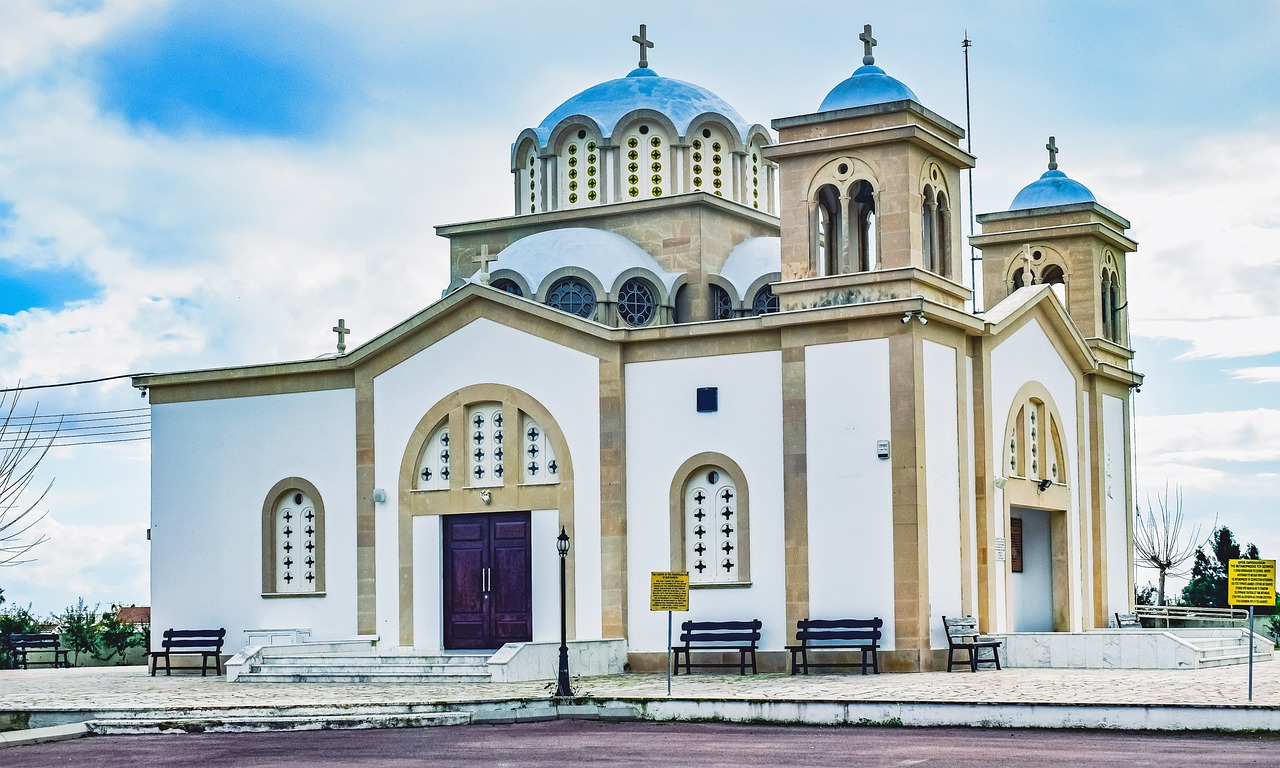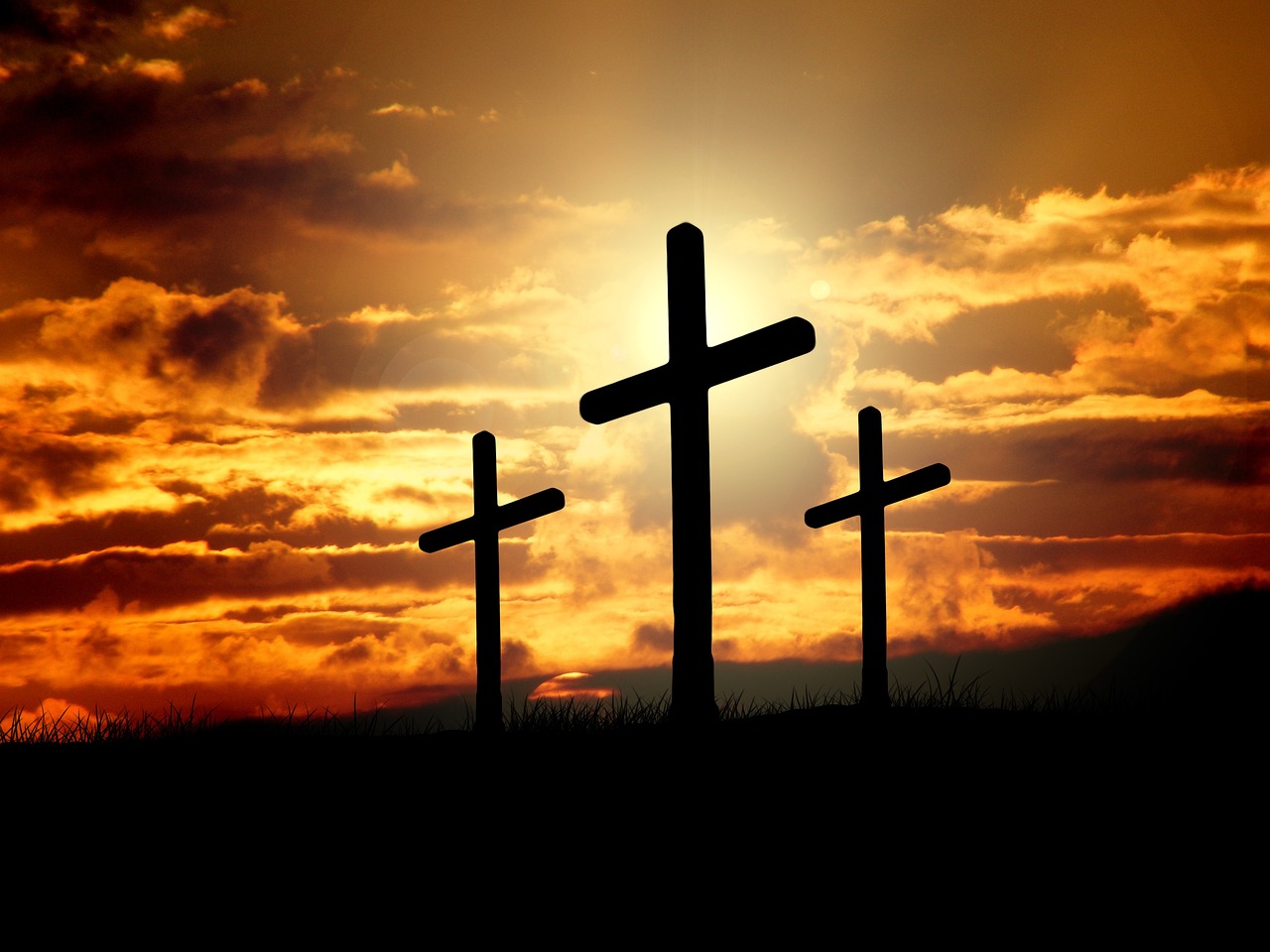
MY CHURCH IS BIGGER THAN YOURS
The popularity of a church is eloquent testimony of failure and not of success.
They contradict the counsel of the Lord without batting their eyelids. They plant church parishes like supermarkets in every street-corner. They build cathedrals and church monuments like World Trade Centres, each one striving to be the biggest and most splendiferous in the universe. They gather thousands, even millions, of “worshippers” in front of television-cameras every so often on the mountains of Kilimanjaro. They are the new spiritual superstars; the mega-pastors of the mega-churches.
In this conceit, my former church, Redeemed, takes the cake. While Redeemed’s emphasis on branch-networking and exponential growth might be a wonderful policy for a fast-food chain, as a framework for a Christian organisation, it has tended to produce half-baked pastors who exhibit flagrant disregard for godly propriety.
Carnal growth
In the world today, success in “churchianity” is measured by the size of the congregation and not by changed lives. Accordingly, highfalutin mega-pastors have fine-tuned church-growth strategies. It’s all a question of numbers, numbers and more numbers. Numbers determine how much money is fleeced from the flock. Numbers determine the extent of pastoral control and captivity of men. When pastors meet, the unspoken question is “how big is your church?” The answer determines social status. Like Mordecai to Haman, the mini-pastors are required to bow down to the mega-pastors.
Men like Pastor Sunday Adelaja of Embassy of God Church, Kiev, Ukraine even maintain God gave them the specific mandate to establish mega-churches. Adelaja claims God told him: “I am about to raise up a mega-church in Europe, at this end time and I am calling people who will establish those churches. Some people have already responded to my call. Your destiny and that of millions of other people depend on whether or not you will obey me. The primary assignment is to raise up a mega-church.”
However, God does not raise up churches: he has only one church. He does not ask men to build churches for him. Jesus says: “I will build my church.” (Matthew 16:18). Moreover, God despises what men esteem. (Luke 16:15). Therefore, he generally prefers the mini to the mega. He says: “Woe to the multitude of many people who make a noise like the roar of the seas.” (Isaiah 17:12). Jesus identifies God’s flock as little, as opposed to large. He says: “Do not fear, little flock, for it is your Father’s good pleasure to give you the kingdom.” (Luke 12:32). Thus, Zechariah asks rhetorically: “Who has despised the day of small things?” (Zechariah 4:10).
Kingdom dynamics
Indeed, according to Jesus’ kingdom dynamics, the popularity of a church is eloquent testimony of failure and not of success. Jesus told his disciples: “The world would love you if you belonged to it; but you don’t- for I chose you to come out of the world, and so it hates you.” (John 15:19). However, the world loves today’s mega-pastors. Nothing rubbished Pastor Adeboye’s ministry more than Newsweek’s declaration that he is one of the world’s most respected men. Jesus says: “Woe to you when all men speak well of you, for so did their fathers to the false prophets.” (Luke 6:26).
The wisdom of God is contrarian, “she calls aloud in the street; she raises her voice in the public squares.” (Proverbs 1:20). “No king is saved by the multitude of an army; a mighty man is not delivered by great strength. A horse is a vain hope for safety; neither shall it deliver any by its great strength.” (Psalm 33:16-17).
When applied to our vainglorious mega-churches, this means no man is saved by the size of a church, neither are the wicked delivered by the great charisma of a pastor. When we play the numbers game in churches, we are guilty of trusting in the multitude of our mighty men. (Hosea 10:13). “This is the word of the LORD to Zerubbabel: ‘Not by might nor by power, but by My Spirit,’ says the LORD of hosts. Who are you, O great mountain? Before Zerubbabel you shall become a plain!’” (Zechariah 4:6-7).
One of the great mountains before Zerubbabel was Solomon’s temple. Those charged with rebuilding it were intimidated that the new temple would not have the splendour and majesty of the old. But God is not concerned with size and other externalities. Through Haggai, he notes that, in spite of its physical shortcomings, “the glory of this latter temple shall be greater than the former.” (Haggai 2:9). Before Zerubbabel, the great mountain of Solomon’s temple would become a plain.
When the disciples extolled the splendour of the Jerusalem temple to Jesus, he replied: “All these buildings will be knocked down, with not one stone left on top of another!” (Matthew 24:2). The same fate awaits the magnificent cathedrals of today. However, the real temple of God, the body of Jesus, remains impregnable. Jesus said: “Destroy this temple, and in three days I will raise it up.” (John 2:19).
God’s verdict
In the kingdom of God, it is the stone the builders reject that becomes the headstone. (Psalm 118:22). This prophecy is bad news for mega-churches and their mega-pastors because it predicts they will ultimately be rejected. According to Jesus, the first will become last and the last first. (Mark 10:31). So today’s “first-class” pastors and their majestic churches will eventually be humbled.
Isaiah says: “every valley shall be exalted and every mountain and hill brought low.” (Isaiah 40:4). This indicates that, in the day of the Lord, we are likely to discover that the big church is small in the sight of the Lord and the small church is big. Mega-church “wanna-be’s” readily sacrifice the doctrine of Christ on the altar of the imperatives for a large following. But we are not called to empire-building but to righteousness. Indeed, Jesus says to popular mega-churches across the ages: “I know your works, that you have a name that you are alive, but you are dead.” (Revelation 3:1).
David got into trouble with God when he became preoccupied with size. When pride moved him to conduct a census in Israel in order to glory in the size of his kingdom, God responded by decimating it with pestilence which killed seventy-thousand men. (2 Samuel 24:1-15). Jesus himself was not the product of a big “church,” but of little Bethlehem Ephrathah. (Micah 5:2).
Why are Christians still so sinful? Why is so little of the character of Christ evident in the churches? One major reason is that too much emphasis is placed on numerical growth and too little on spiritual growth. Indeed, the messages that promote numerical growth often impede spiritual growth. Everywhere, pastors are engaged in church-planting, for the primary purpose of increasing their dominion and finances. The outcome is the mushrooming of churches that are impressive to men, but contemptible to God.
Isaiah warns: “Because you have forgotten the God of your salvation, and have not been mindful of the Rock of your stronghold, therefore you will plant pleasant plants and set out foreign seedlings; in the day you will make your plant to grow, and in the morning you will make your seed to flourish; but the harvest will be a heap of ruins in the day of grief and desperate sorrow.” (Isaiah 17:10-11).


